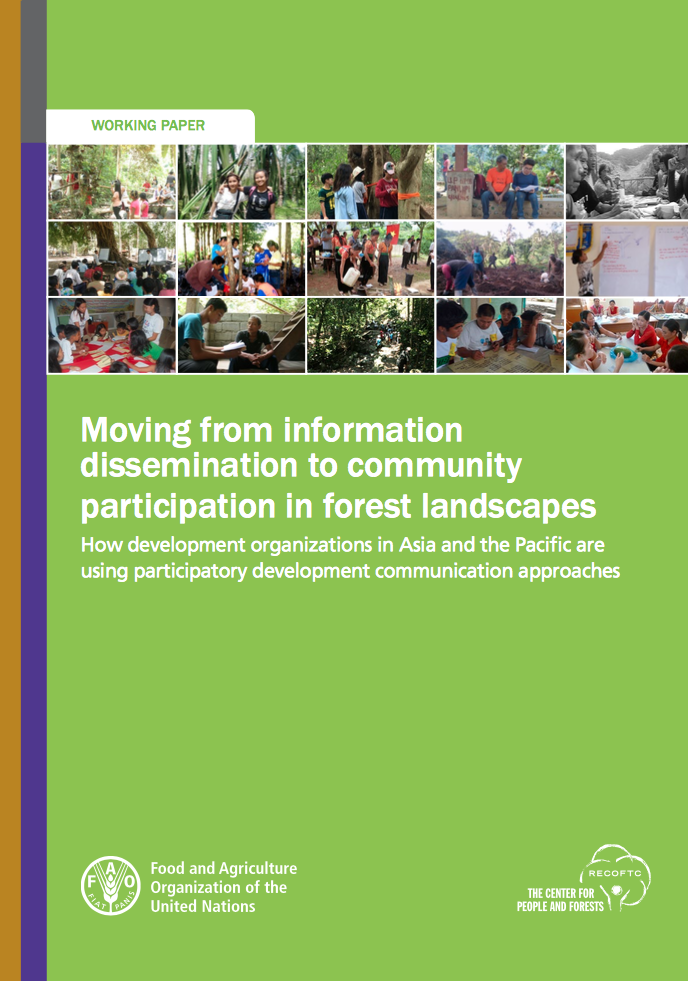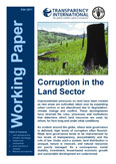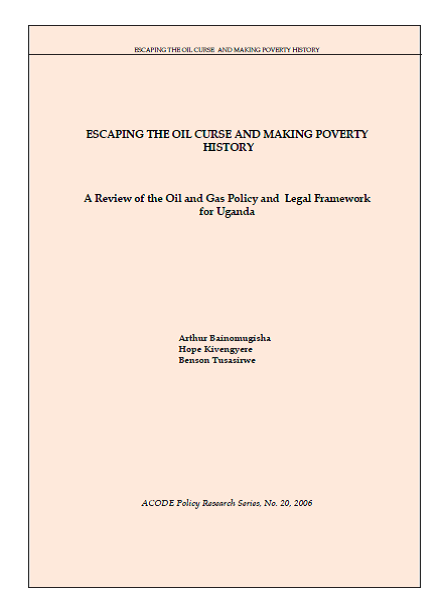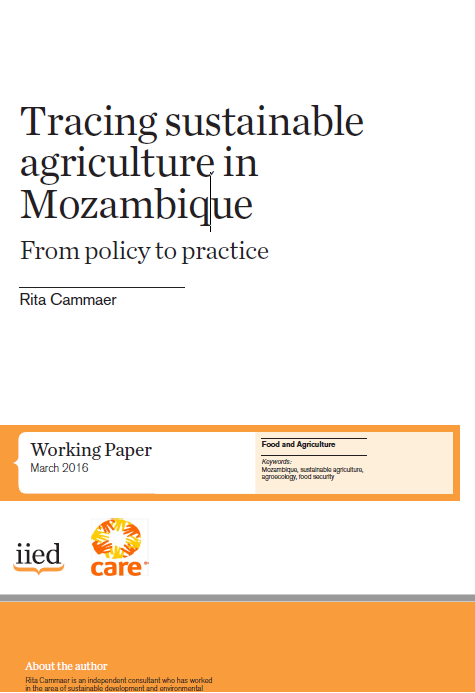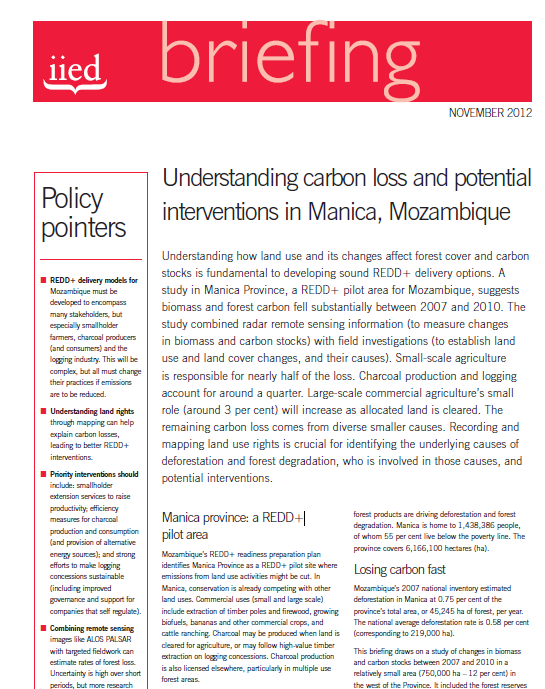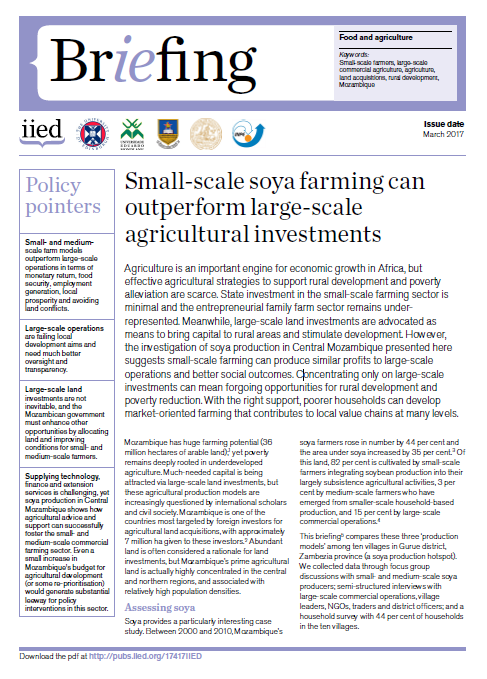gestão de recursos naturais
AGROVOC URI:
THE BENEFITS OF TURFING FLOOD-PREVENTION DYKES
Az árvízvédelmi töltések védelmében, az árvizek levonulásában, ezáltal ma-gában az árvízvédelemben a gyepesítésnek jelentős szerepe van. Gazdaságossá-gát nem lehet egzakt módon bizonyítani, hiszen míg a létesítési és fenntartási költségeket egyértelműen meghatározhatjuk, a bevételi oldal összetett és nehezen számszerűsíthető. Az árvízvédelmi földgátak gyepesítésének társadalmi hasznossága és gazda-sági előnye mégis vitathatatlan:-közvetlen gazdasági haszon: pl.
Moving from information dissemination to community participation in forest landscapes
Traditionally, in the context of environment and natural resources management, many communication efforts have focused on the dissemination of technical information to end-users who were expected to adopt them. Development practitioners were trying to ‘push’ their products on communities in order to receive community commitment to their development initiatives.
WORKING PAPER 04/2011: CORRUPTION IN THE LAND SECTOR
Unprecedented pressures on land and its governance have been created. As evident around the globe, where land governance is deficient, high levels of corruption often flourish. Under such a system, land distribution is unequal, tenure is insecure, and natural resources are poorly managed.
ESCAPING THE OIL CURSE AND MAKING POVERTY HISTORY
In this oil research paper, we have set out the challenges confronting oil producing countries in sub-Saharan Africa by giving case studies of Nigeria, Angola and Equatorial Guinea. We have also critiqued the draft National Oil and Gas Policy under formulation as well as the legal framework. We argue that the oil Dutch Disease and conflict nexus associated with oil producing countries are not a given since there are examples such as Norway which have utilised their oil revenue for transformation and sustainable development.
Tracking Adaptation and Measuring Development in Mozambique
Tracking adaptation and measuring development (TAMD) is a twin-track framework that evaluates adaptation success. Track 1 assesses how widely and how well countries or institutions manage climate risks, while Track 2 measures the success of adaptation interventions in reducing climate vulnerability and in keeping development on course. This twin-track approach means that TAMD can be used to assess whether climate change adaptation leads to effective development, and how development interventions can boost communities’ capacity to adaptation to climate change.
China-Africa forest trade and investment
China’s investment and trade in Africa’s natural resource sectors have significant implications for Africa’s forests. Many investments are in forest areas. Some directly engage in logging while others, such as mining, infrastructure and agribusiness, affect forests and rural livelihoods. This report provides an overview of trends, evidence and issues related to the impacts on forests of Chinese investments in four African countries: Cameroon, Democratic Republic of Congo, Mozambique and Uganda.
Boosting governance in Mozambique’s forests
Mozambique is Africa’s largest exporter of timber to China. Yet multiple published concerns over the sustainability and legality of that timber trade assert the rapid commercial depletion of future timber stocks, the marginalisation of local forest communities, and the loss of revenue to government estimated at US$146 million between 2007 and 2013 alone.
Forest Governance Learning Group
Social Justice in Forestry – as a project of FGLG with funding from the EC – supported the Mozambique Forest Governance Learning Group (FGLG-Mozambique) from January 2009 to December 2013, building on a first phase of EC support from April 2005 to December 2008 and an even earlier phase of work funded by DFID that started in 2003-2004.
Tracing sustainable agriculture in Mozambique
This study examines the agricultural policies and strategies that have influenced agricultural development in Mozambique, the support structures that have been put in place, and the realities and challenges of their implementation. It was found that key stakeholders understand the concept of sustainable agriculture, that the most important contributing components are covered in the current policy framework, and that farmers are keen to adopt and adapt to more sustainable and profitable farming practices.
Understanding carbon loss and potential interventions in Manica, Mozambique
Understanding how land use and its changes affect forest cover and carbon stocks is fundamental to developing sound REDD+ delivery options. A study in Manica Province, a REDD+ pilot area for Mozambique, suggests biomass and forest carbon fell substantially between 2007 and 2010. The study combined radar remote sensing information (to measure changes in biomass and carbon stocks) with field investigations (to establish land use and land cover changes, and their causes). Small-scale agriculture is responsible for nearly half of the loss.
Small-scale soya farming can outperform large-scale agricultural investments
Agriculture is an important engine for economic growth in Africa, but effective agricultural strategies to support rural development and poverty alleviation are scarce. State investment in the small-scale farming sector is minimal and the entrepreneurial family farm sector remains underrepresented. Meanwhile, large-scale land investments are advocated as means to bring capital to rural areas and stimulate development.


